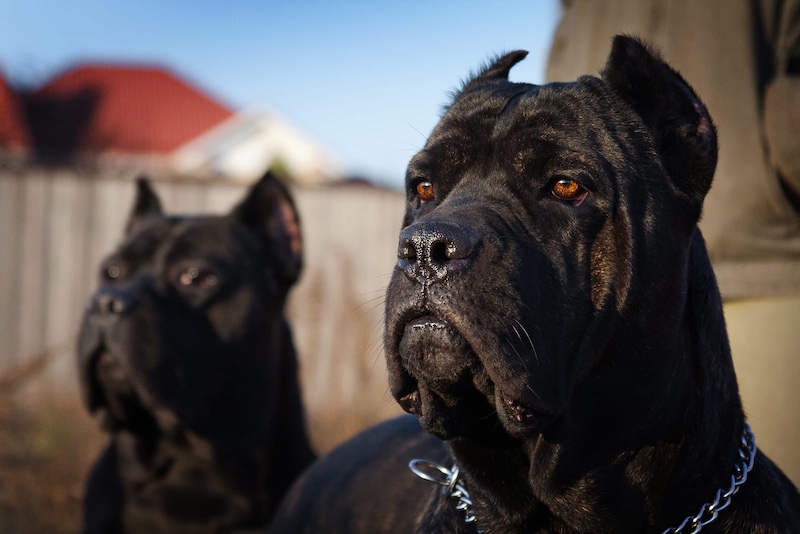Breed-specific legislation (BSL) has long been a controversial topic. While some governments and housing associations enforce bans on certain dog breeds in the name of public safety, others argue that behavior is more about training and environment than genetics. Many breeds have been unfairly labeled as dangerous due to isolated incidents or media-driven fear. Here are 10 dog breeds that have faced bans in various countries—and why.
Pit Bull Terrier
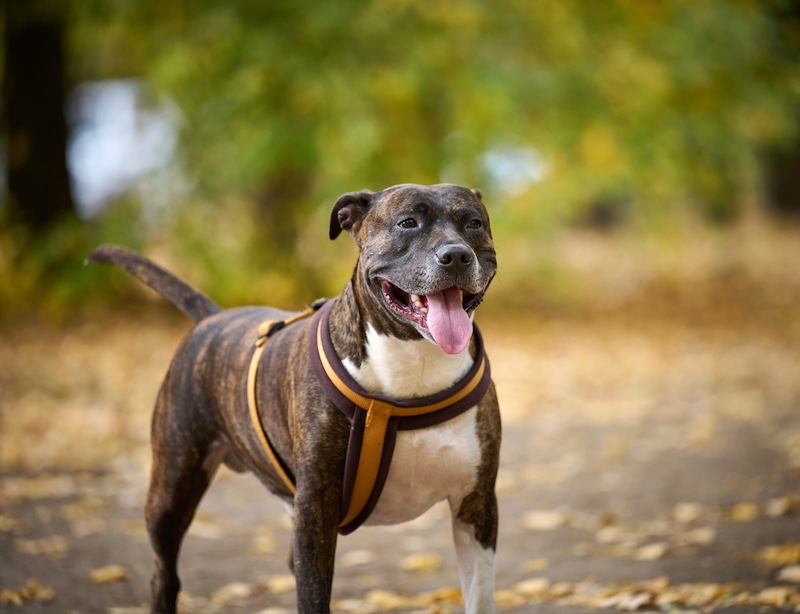
Perhaps the most widely banned breed, the American Pit Bull Terrier has been restricted in numerous places, including the UK, Canada, and parts of the U.S. These bans often stem from high-profile attacks and their association with dog fighting. Despite this, many owners report their pit bulls are loyal, loving family pets when properly trained and socialized.
Rottweiler
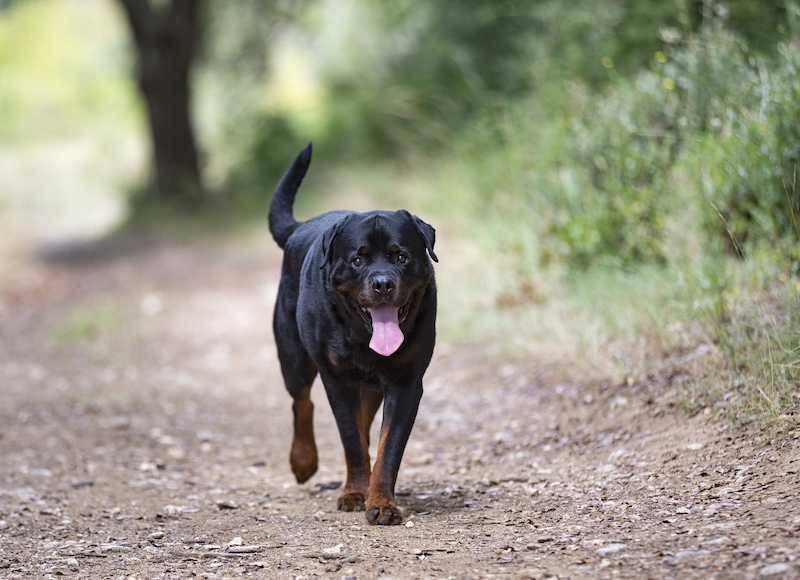
Rottweilers have been banned or restricted in countries like Ecuador and parts of the U.S. Their large size, powerful jaws, and protective instincts can be intimidating, and a handful of aggressive incidents led to increased scrutiny. However, well-raised Rottweilers are typically calm, confident, and good with children.
Doberman Pinscher
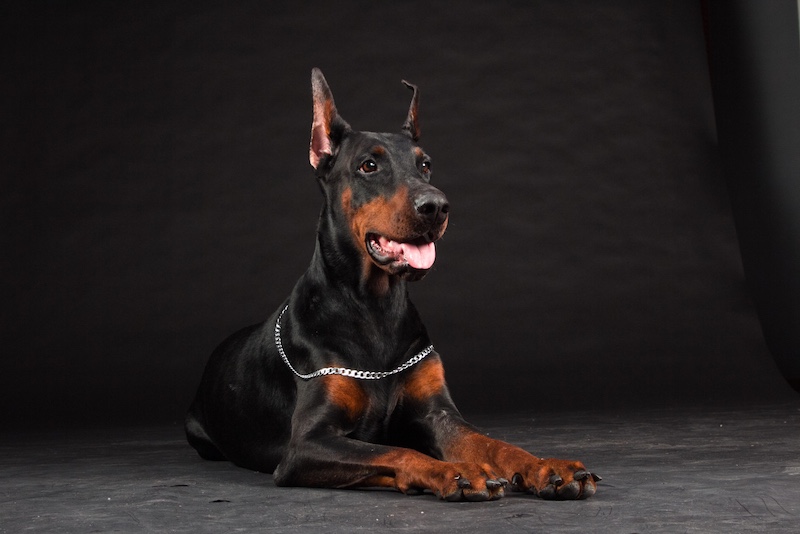
Dobermans have a long history as guard dogs and police K9s, which helped fuel their image as aggressive animals. Some regions in the U.S. and parts of Europe have placed restrictions on the breed. Yet, modern Dobermans are often gentle, affectionate, and eager to please their families.
German Shepherd
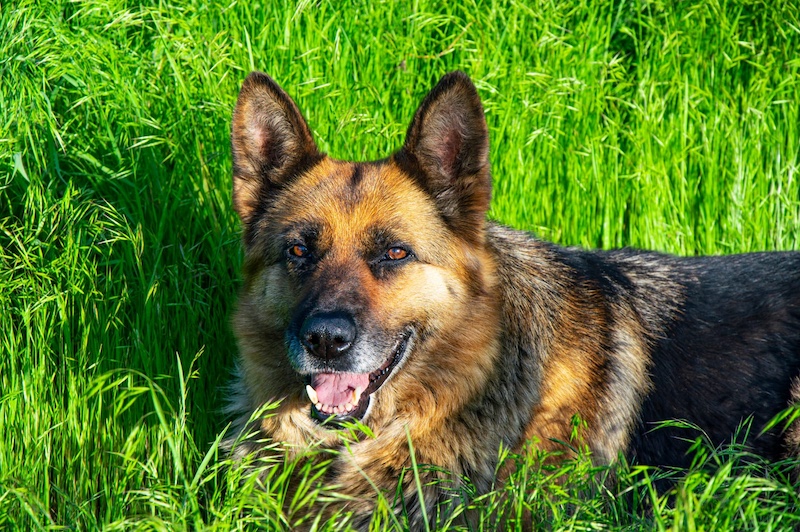
Banned in certain housing developments and under strict rules in countries like the Maldives, German Shepherds are seen as both working heroes and potential threats. Their strength and intelligence can lead to aggression if not handled properly, though most are loyal, trainable, and family-friendly dogs.
Dogo Argentino
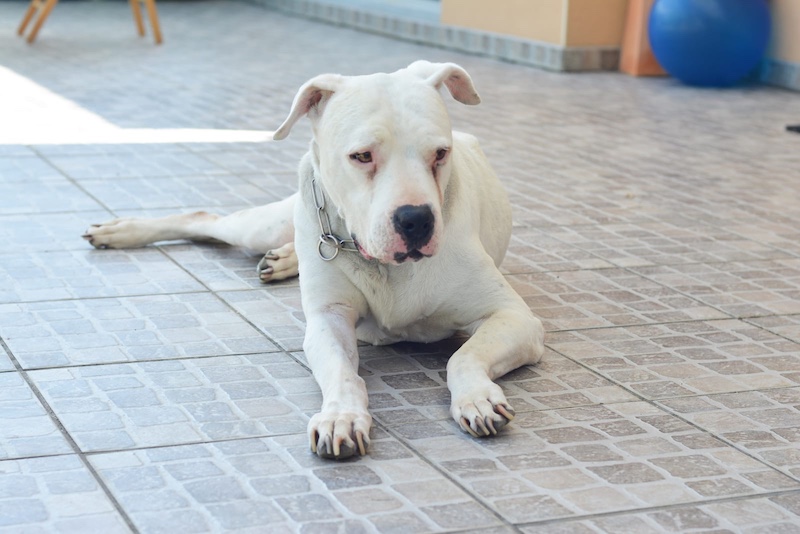
Banned in the UK, Australia, and New Zealand, the Dogo Argentino was bred for big-game hunting and protection. Its powerful build and assertive nature have sparked concern, but with the right owner, this breed can be a gentle, devoted companion.
Fila Brasileiro (Brazilian Mastiff)
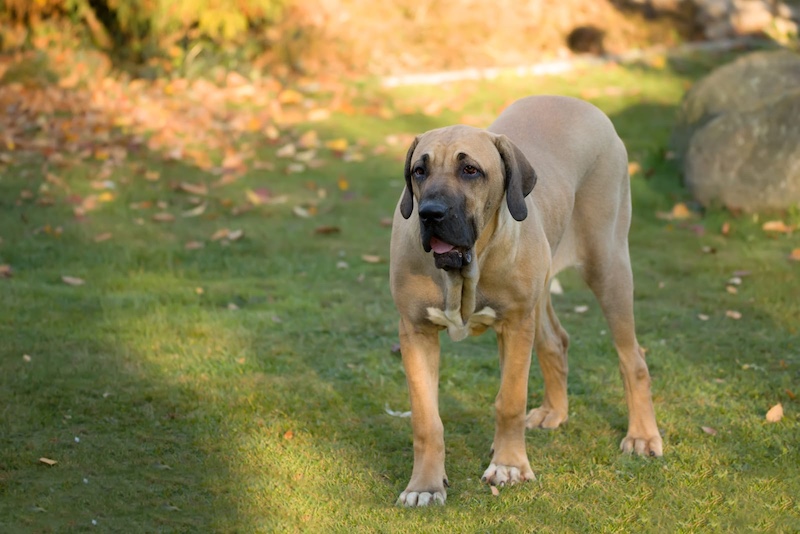
The Fila Brasileiro is a strong-willed and fiercely protective breed, which has led to bans in the UK and parts of Europe. They were originally bred to guard estates and track livestock. Due to their dominant personalities, they require experienced handlers.
Japanese Tosa
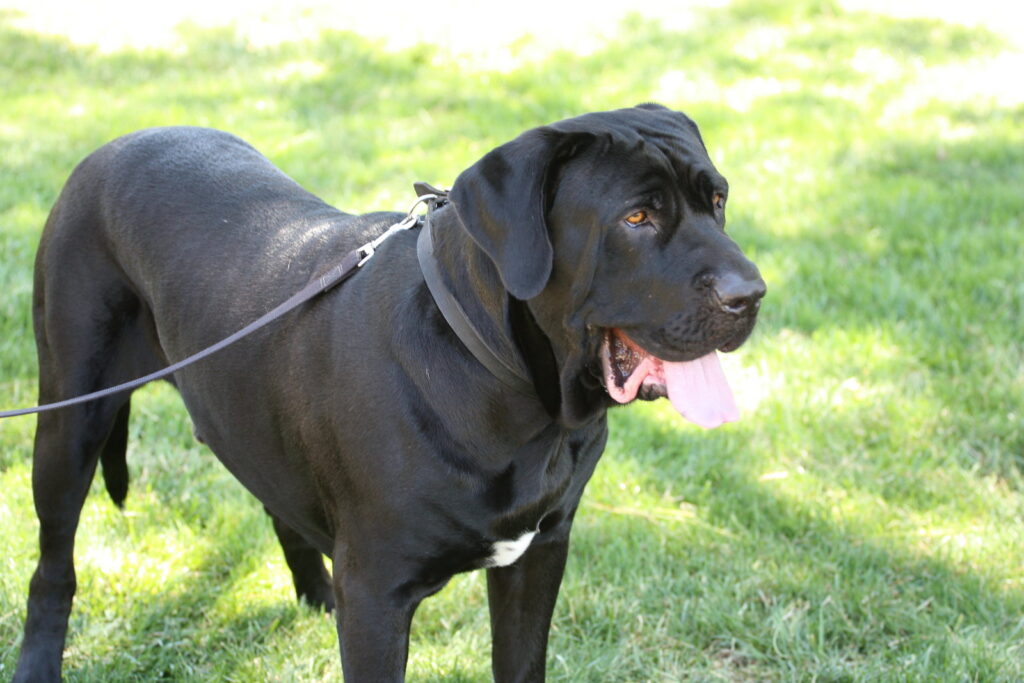
A rare and massive breed, the Japanese Tosa was developed for dog fighting in Japan. As such, it has been banned in countries like the UK, Ireland, and Australia. Tosas are generally calm and reserved but can be wary of strangers and other animals.
Presa Canario
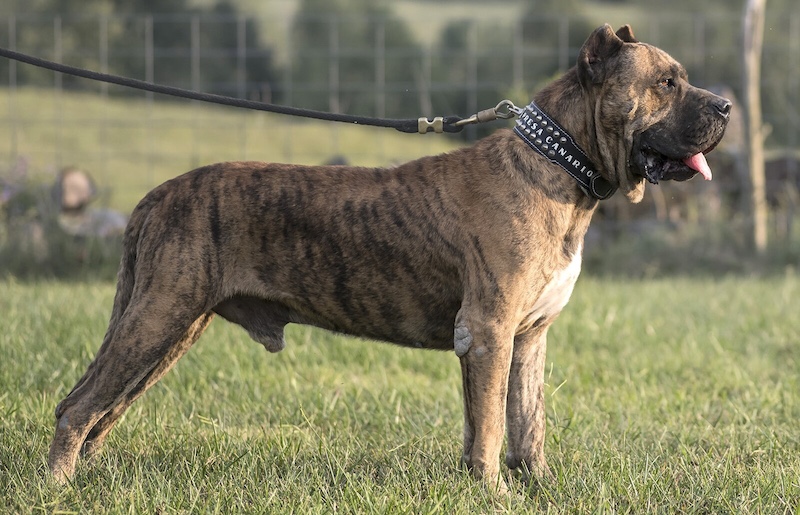
This powerful mastiff breed has been involved in a few high-profile attacks, including a fatal incident in California in 2001. The resulting media attention led to bans in various countries and stricter regulations in others. Despite its reputation, the Presa Canario can be a loyal and protective family dog in the right environment.
American Bulldog
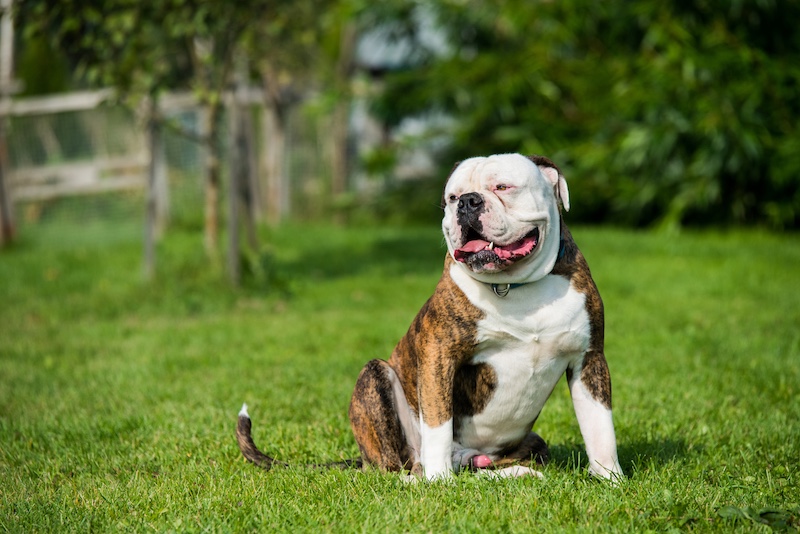
Though not as commonly banned as pit bulls, American Bulldogs have faced restrictions in some municipalities due to their similar appearance and strength. Proper socialization and training are essential to ensure they are safe and well-behaved pets.
Cane Corso
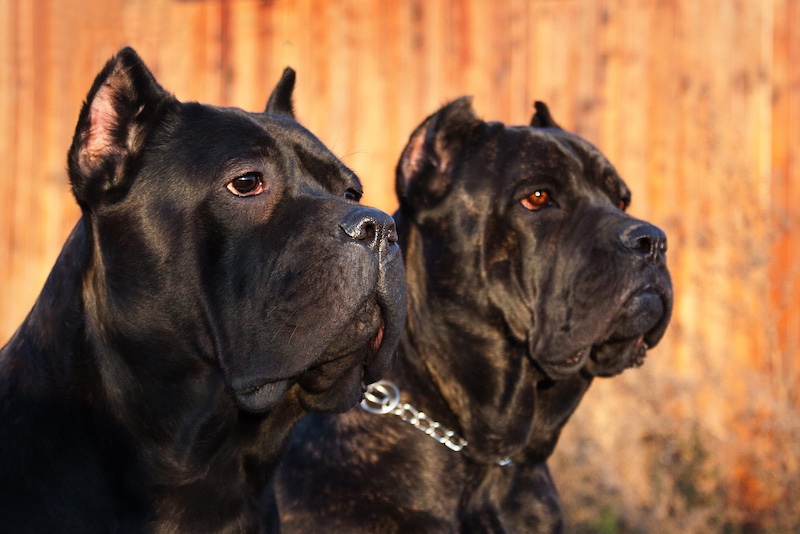
Bred to guard property and hunt large game, the Cane Corso has an imposing presence. Some regions have enacted breed-specific legislation due to concerns over aggression, especially without firm leadership. However, many owners find them to be loyal, affectionate protectors.
- Please Note: This content was created with the assistance of AI and thoroughly edited by a human before publishing.

